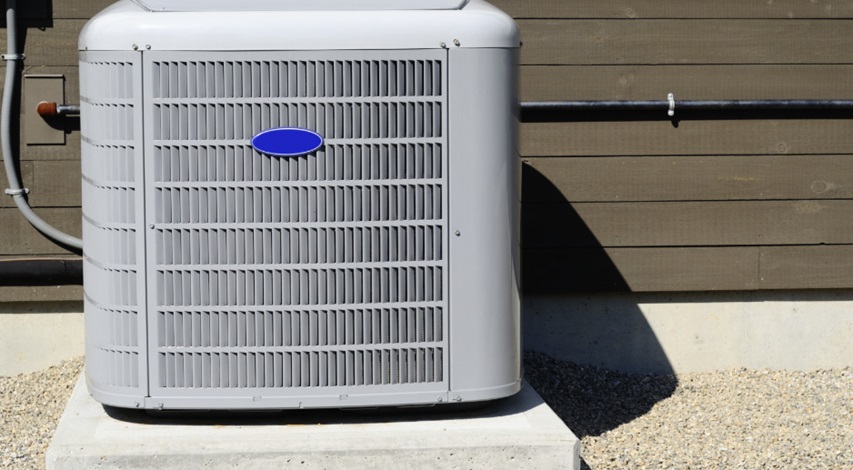
HVAC systems play a crucial role in maintaining comfortable indoor temperatures, but unusual noises can disrupt your peace and indicate underlying issues. If you’re facing this problem, professional HVAC repair in Lakeville services are available to resolve it. Experienced technicians in Lakeville specialize in addressing common HVAC issues that affect system performance.
Common Reasons for HVAC System Noises
Each type of noise from your HVAC system can signal a specific problem. Identifying these sounds can help you determine the best course of action.
Banging or Clanking
Banging noises typically result from loose or broken parts inside the system, such as a fan blade or motor component. Prompt repairs can prevent further damage to the unit and avoid costly replacements.
Squealing or Screeching
These high-pitched noises often indicate problems with the belt or motor bearings. Over time, belts may wear out, or dry bearings may require lubrication to function smoothly.
Hissing
A hissing sound is commonly associated with a refrigerant leak or an issue with the ductwork. Low refrigerant levels not only make the system inefficient but can also compromise indoor air quality, leading to further discomfort.
Rattling
Loose panels, screws, or debris trapped in the unit can cause rattling sounds. Regular inspections and maintenance can address this issue before it escalates.
Clicking
While occasional clicking during system startup is normal, continuous clicking may indicate electrical problems that need immediate attention from a technician.
How to Address Noisy HVAC Systems
Resolving noisy HVAC systems requires identifying the underlying issue. Here are a few steps to consider:
Perform Routine Maintenance
Regular HVAC maintenance is essential to keeping your system running efficiently. For a deeper understanding of the components critical to system performance, explore a detailed breakdown of your HVAC system’s key parts, cleaning or replacing filters, checking for loose screws, and inspecting key components can help avoid noise-related problems.
Tighten or Replace Loose Parts
Noises caused by loose screws, panels, or fan blades can be resolved by securing or replacing the affected components. This simple step can prevent additional damage to your HVAC system.
Consult a Professional HVAC Contractor
Refrigerant leaks, electrical malfunctions, or motor issues should be handled by a licensed HVAC contractor. Professionals can quickly diagnose and repair complex problems to restore your system’s performance. If you’re unsure how to find the right contractor, this guide on choosing the best HVAC contractor for your needs offers helpful tips.
Replace Worn-Out Components
Over time, parts like belts, bearings, and fan blades wear out due to consistent use. Replacing these components not only reduces noise but also ensures the longevity of your system.
Preventing Noise Issues in Your HVAC System
To avoid noise-related problems in the future:
- Schedule professional inspections and tune-ups annually.
- Replace air filters as recommended to maintain proper airflow.
- Clear debris around outdoor units to prevent clogging.
- Ensure ductwork is properly sealed to minimize airflow restrictions.
Conclusion
Unusual noises from your HVAC system can indicate various issues that require immediate attention. Addressing these concerns early can save you from costly repairs and system breakdowns. With reliable HVAC repair services, your system can quickly return to optimal performance. Regular maintenance and timely upgrades are essential to keeping your HVAC system efficient and quiet throughout the year.

Comments are closed.